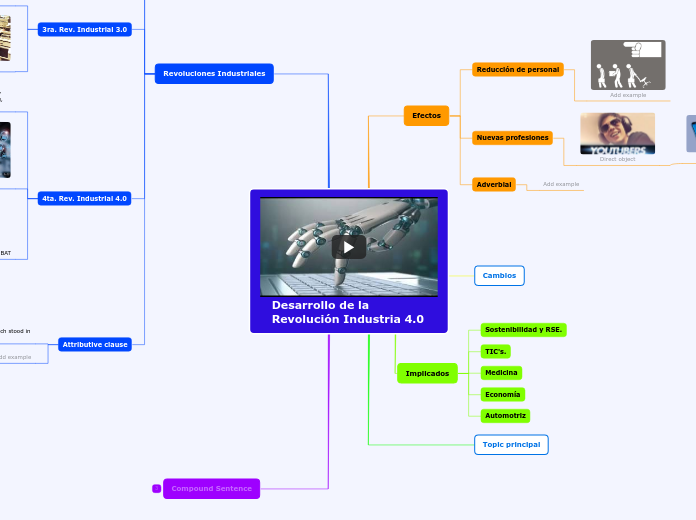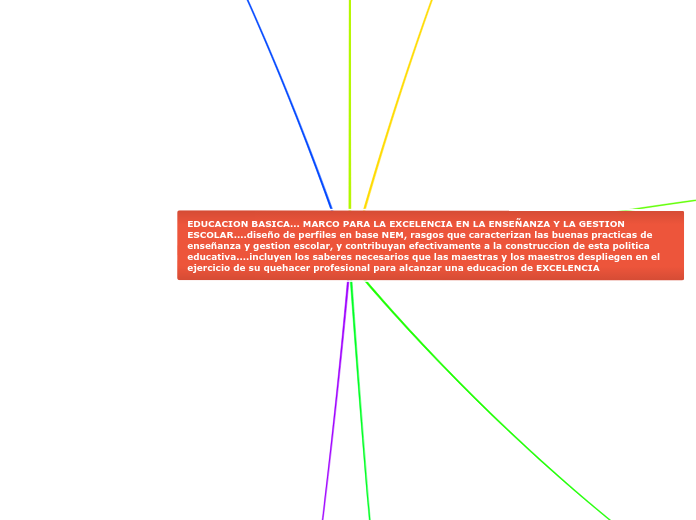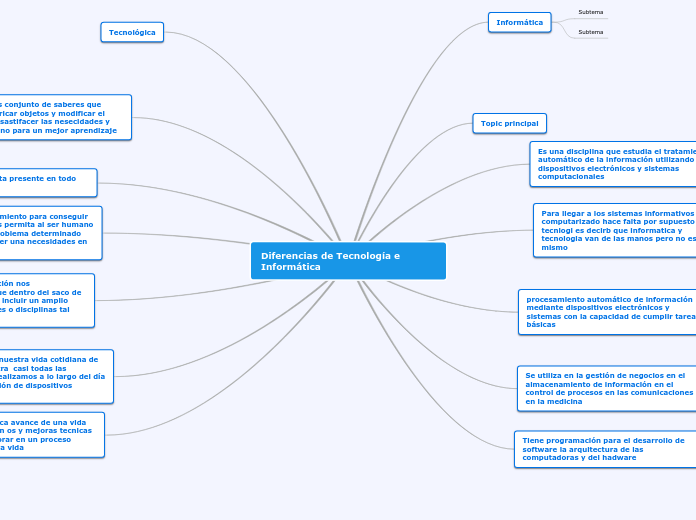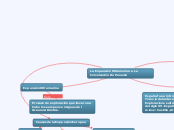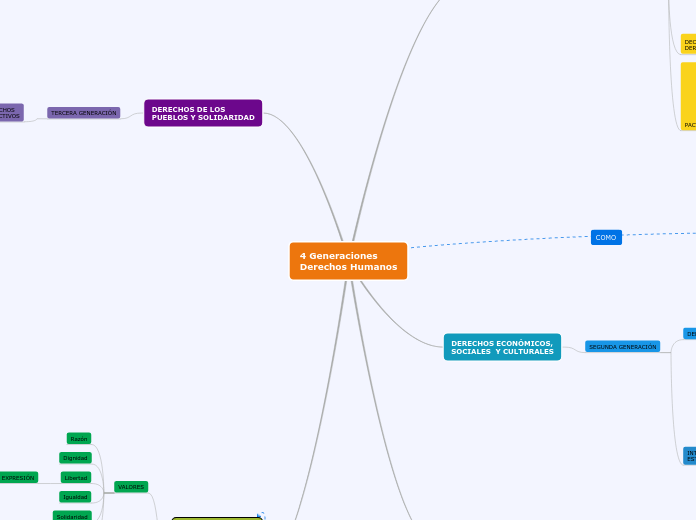Desarrollo de la Revolución Industria 4.0
In linguistics, syntax is the set of rules, principles, and processes that govern the structure of sentences in a given language, usually including word order.
Compound Sentence
A compound sentence is a sentence that has at least two independent clauses joined by a comma, semicolon or conjunction. An independent clause is a clause that has a subject and verb and forms a complete thought.
Examples:
Create your own compound sentences, using the coordinators above.
When independent clauses are joined with coordinators (also called coordinating conjunctions), commas and semicolons, they do more than just join the clauses. They add meaning and flow to your writing.
Revoluciones Industriales
A complex sentence is a sentence that contains an independent clause and one or more dependent clauses.
An independent clause can stand alone as a sentence, but a dependent clause even though it has a subject and a verb cannot stand alone.
Attributive clause
Attributive clauses serve as an attribute to a noun (pronoun) in the main clause. This noun or pronoun is called the antecedent of the clause.
He went to the next house, which stood in a small garden.
4ta. Rev. Industrial 4.0
An appositive clause follows another noun or noun phrase in apposition to it; that is, it provides information that further identifies or defines it.
FANG y BAT
Subtopic
Producción inteligente con decisión autónoma y tecnologías: Robots, Big data, Cloud computing, inteligencia artificial, entre otros.
3ra. Rev. Industrial 3.0
The subject clause is a dependent clause that acts as a subject.
1969, producción automatizada, ordenadores, electrónica y TICs.
2da. Rev. Industrial 2.0
A predicative clause may be introduced by conjunctions - that, whether, whether... or, as, as if, as though, because, lest, the way - or connectives.
The latter may be conjunctive pronouns - who, whoever, what, whatever, which - or conjunctive adverbs - where, wherever, when, whenever, how, why.
1870, líneas de ensamblaje, energía eléctrica y producción en masa. Henry Ford.
1ra. Rev. Industrial 1.0
The object clause is a phrase on which a verb performs an action. It falls at the end of a sentence, and is governed by a verb or a preposition.
Rev. Energética, siglo XVIII. Producción mecánica: Energía a vapor e hidráulica.
Topic principal
Implicados
Automotriz
See the example below and try to create your own simple sentences.
Tim is driving the red car.
Economía
See the example below and try to create your own simple sentences.
Tim is driving the car with his mother.
Medicina
See the example below and try to create your own simple sentences.
Tim is the driver.
TIC's.
See the example below and try to create your own simple sentences.
Tim drives the car.
Sostenibilidad y RSE.
See the example below and try to create your own simple sentences.
Tim drives.
Cambios
Efectos
Adverbial
An adverbial is an individual word (that is, an adverb), a phrase, or a clause that can modify a verb, an adjective, or a complete sentence.
Nuevas profesiones
Traditional grammar defines the object in a sentence as the entity that is acted upon by the subject.
Direct object
The direct object is the receiver of the action mentioned in the sentence.
Reducción de personal
The subject of a sentence is the person, place, thing, or idea that is doing or being something. You can find the subject of a sentence if you can find the verb.
Ask the question, 'Who or what 'verbs' or 'verbed'?' and the answer to that question is the subject.
Add example
